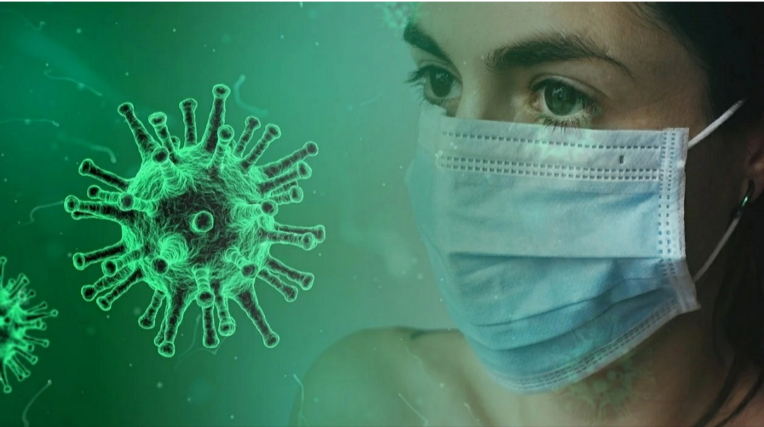Pandemic
Safety And Readiness Tips To Keep Yourself Safe From Covid-19!

The question uppermost on everybody’s mind is how to keep themselves and their families safe during the Coronavirus (COVID-19) pandemic ravaging across the world. There is no vaccine at present to treat the Coronavirus. Hence the only way is to prevent being infected.
It is known to spread as follows.
- Mainly from person-to-person.
- Between people who are within close distance of each other.
- Through tiny respiratory droplets sprayed when an infected person coughs, sneezes or talks.
- These droplets may land in the mouths or noses of people who are nearby and possibly breathed into their lungs.
- An infected person may infect a surface or object by touching it. If another person touches this surface or object and then touches their mouth, nose, or eyes, then they may contract the virus.
Some recent studies suggest that COVID-19 may be spread by asymptomatic people, i.e., people not yet showing symptoms.
Tips To Keep Yourself Safe From Covid-19!
The World Health Organisation and the Centers for Disease Control and Prevention (CDC) have put out a few guidelines.
- Wash your hands very often using soap and water for at least 20 seconds. Follow this strictly after every time you come from an outside place, cough, sneeze, or use the restroom. Wash your hands before eating or preparing food, and also after contact with pets or animals. Washing the hands kills the viruses that may be on them.
- You could also instead use a hand sanitizer, which has at least 60% alcohol.
- Keep a social distance of at least 6 feet, about 2 meters away from others, in public places.
When an infected person nearby coughs, sneezes, or speaks, small liquid droplets that contain the virus will be sprayed from their nose or mouth. If too close, you may breathe in these droplets.

- Refrain from touching your eyes, nose, and mouth with unwashed hands. Consciously practice this.
- Do not keep close contact with people who are sick. Some infected people do not show symptoms, yet may spread the virus.
- Stay at home as much as possible and avoid all non-essential travel. Step outside only to purchase essential grocery items or medicines.
- Use technology to connect to your dear ones, friends, and relatives, instead of paying a visit, to minimize any risk. You can easily use video and phone calls, texts, and social media for this purpose.
- Use a face mask to cover your mouth and nose in public places, such as grocery stores or pharmacies.
You can also use a homemade cloth face mask made of household items if N-95 respirators or surgical masks are not available in the nearest medical stores.
The efficacy of these masks in preventing the COVID-19 particles from being inhaled is still debated. However, it will protect other people if you are unknowingly infected with the virus.
- Do not ever use cloth face coverings on very young children, any person with trouble breathing, on an unconscious, or an incapacitated person.
- Keep in mind that a face mask is no substitute for the social distancing of 6 feet, which must always be maintained.
- Always use a tissue to cover your nose and mouth while sneezing or coughing, and then throw it away immediately.
- Do not cough or sneeze into your hands directly. If a tissue is not available, cough or sneeze into your elbow and then immediately wash your hands.
- Clean and disinfect frequently touched surfaces daily with soap and water. This will reduce the number of germs, dirt, and impurities on the surface. These surfaces comprise tables, doorknobs, countertops, light switches, handles, desks, phones, keyboards, toilets, faucets, and sinks.
- After cleaning, disinfect the surface using diluted household bleach or alcohol solutions with at least 70% alcohol. The disinfectant kills the germs on the surfaces. Use disposable or reusable gloves for routine cleaning and disinfection.
The cleaning and the disinfecting assume new significance in the light of new research that has found the COVID-19 virus remaining on surfaces like copper for up to 4 hours, on cardboard for 24 hours, and on plastic and steel up to 72 hours.
Observe if you or your family show any new unusual symptoms, which cannot be explained easily, like persistent fever, high temperatures, dry long coughs, or shortness of breath.
If you suspect any such symptom, contact your health authority immediately, preferably through their helpline number.
Wear a mask before their arrival and strictly follow the procedure outlined by them, which varies from country to country.
If the doctor deems the symptoms to be serious, you will be required to take a COVID-19 test, else may be advised to isolate yourself for a few days.






















